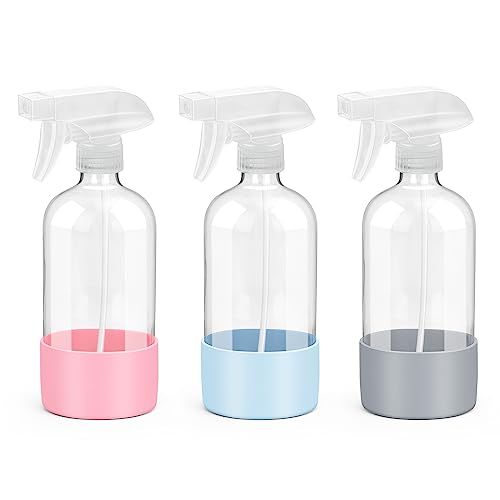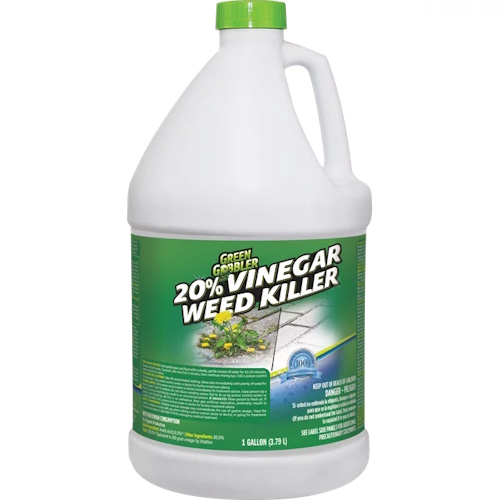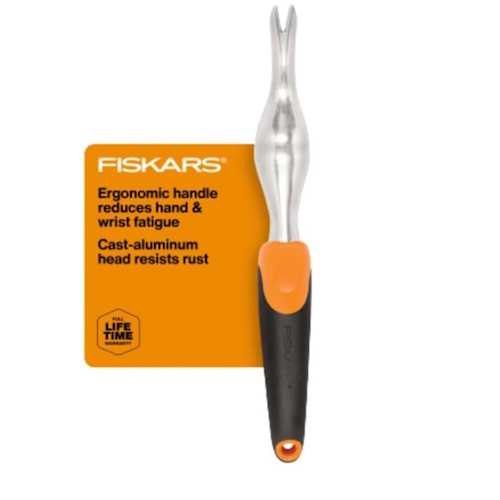Does vinegar kill weeds? Experts share how to use this kitchen item to eradicate unwanted plants
This is a quick way to destroy weeds that invade flowerbeds and borders

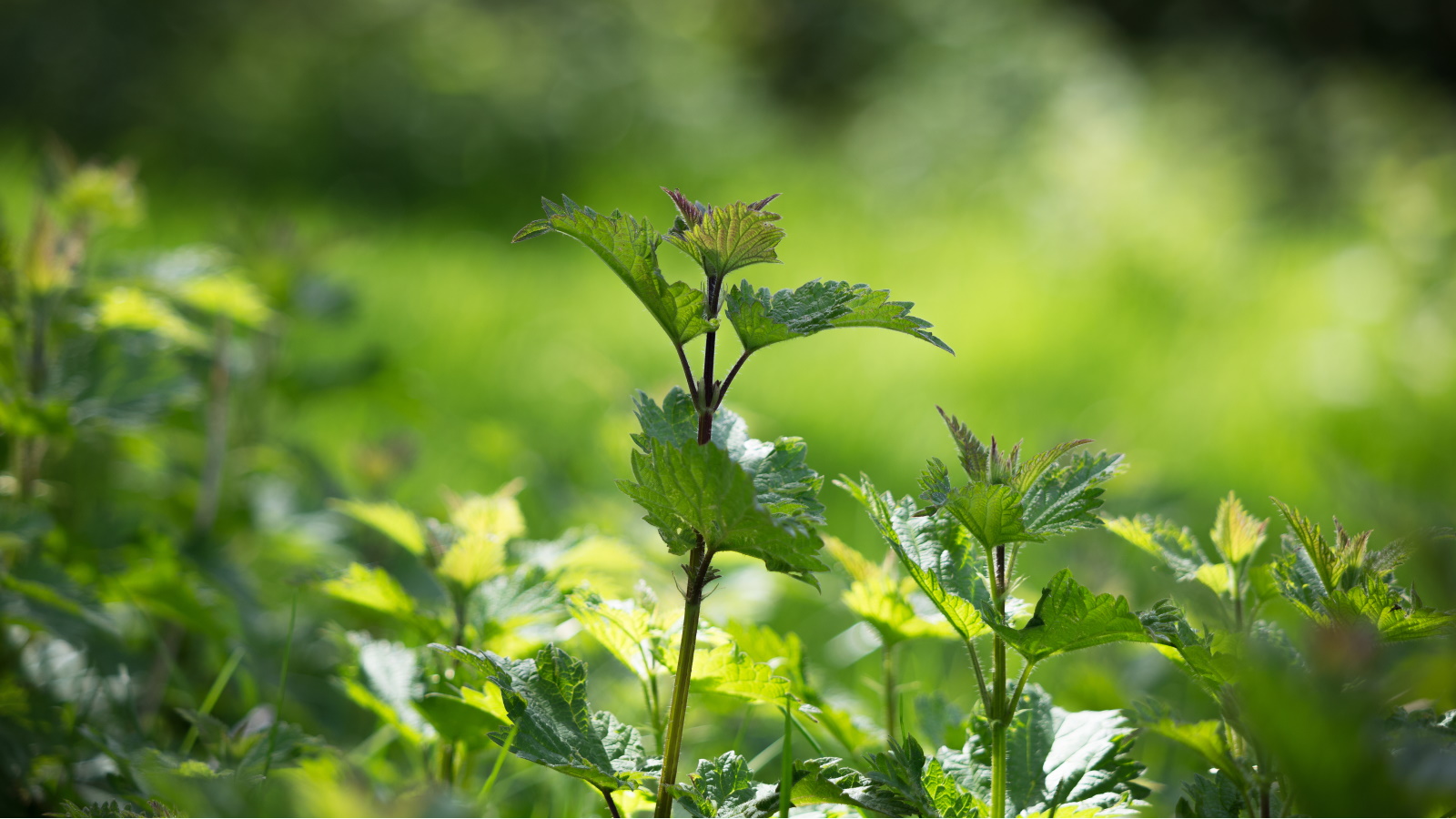
Design expertise in your inbox – from inspiring decorating ideas and beautiful celebrity homes to practical gardening advice and shopping round-ups.
You are now subscribed
Your newsletter sign-up was successful
Want to add more newsletters?

Twice a week
Homes&Gardens
The ultimate interior design resource from the world's leading experts - discover inspiring decorating ideas, color scheming know-how, garden inspiration and shopping expertise.

Once a week
In The Loop from Next In Design
Members of the Next in Design Circle will receive In the Loop, our weekly email filled with trade news, names to know and spotlight moments. Together we’re building a brighter design future.

Twice a week
Cucina
Whether you’re passionate about hosting exquisite dinners, experimenting with culinary trends, or perfecting your kitchen's design with timeless elegance and innovative functionality, this newsletter is here to inspire
You can identify weeds simply as unwanted plants growing in unwanted places in your yard. They compete for resources with the plants you do want to grow, and they can often spoil the look of beds, borders, lawns, and containers.
Knowing how to get rid of weeds effectively will prevent both spread and regrowth, and reduce the time you have to spend on this garden chore. Among the ways to remove them from your garden, you might have heard about using vinegar and wondered if, like using baking soda to kill weeds, it really can work.
To make weeding a more efficient process, we’ve asked garden pros for their know-how on whether using vinegar is a good way to kill weeds, and we’re sharing their expertise here.
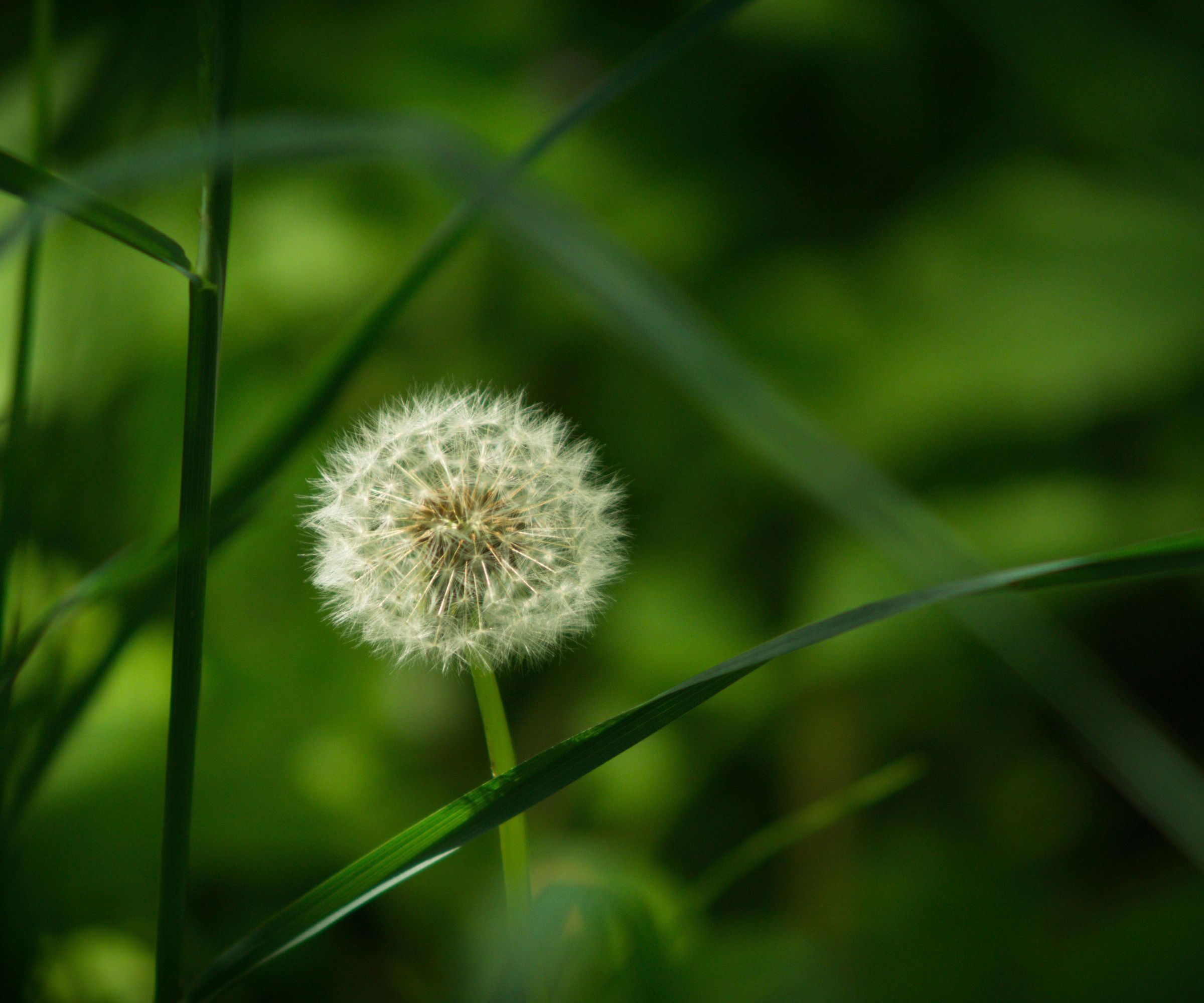
Does vinegar kill weeds?
Vinegar can kill weeds according to garden experts, as it contains acetic acid, which disrupts plant cells and can be an effective natural herbicide.
To avoid weeding mistakes, bear in mind that there are caveats. Here are the details you should be aware of.
Which weeds can vinegar kill?
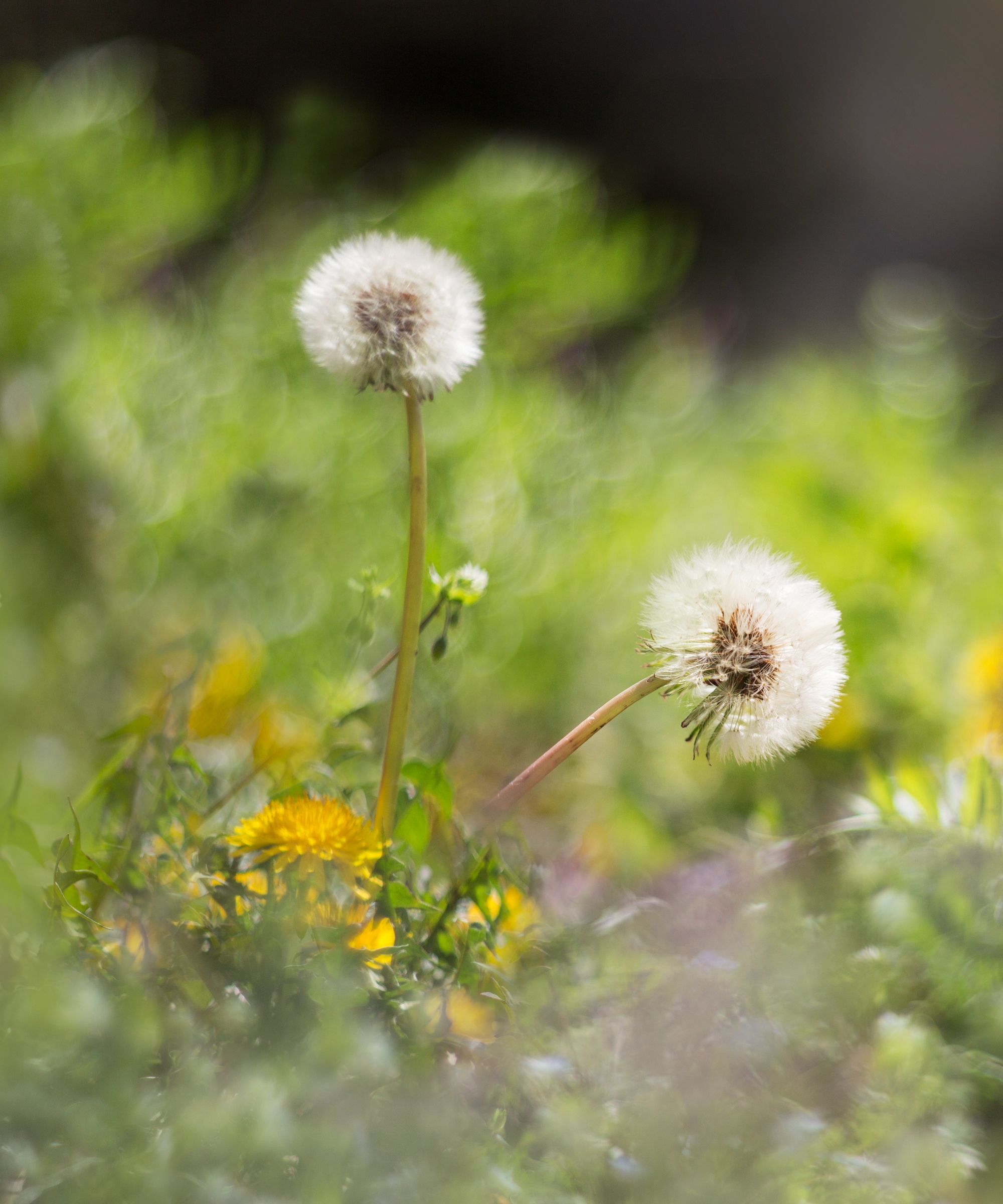
Vinegar is good for getting rid of younger and annual weeds, notes Rachel Bull, Head of Gardens at H&G. 'Younger weeds and plants with softer stems and shallower root systems are typically more susceptible to vinegar’s acidity, while older, more established weeds with woody stems might be more resilient,’ she says.
The strength of the vinegar you use is also important, Rachel says. 'The effectiveness of vinegar as a weedkiller is related to its acetic acid concentration. Household vinegar typically contains around 5% acetic acid. This may prove very effective on the foliage of young weeds, but may not be as good at destroying the more established, perennial ones.'
Design expertise in your inbox – from inspiring decorating ideas and beautiful celebrity homes to practical gardening advice and shopping round-ups.
When faced with tougher weeds, it can be wise to opt for vinegar of a higher solution. 'For optimal results, I recommend horticultural vinegar with 20-30% acetic acid concentration,' says Ben McInerney, gardening expert and arborist. 'It's crucial to use the appropriate strength to achieve desired results while minimizing environmental impact,' he adds. You can find horticultural vinegar online, like this vinegar weed killer from Amazon.
Using vinegar to kill weeds could make your soil more acidic and impact the ability for your plants to grow.
Timing its application can also make a difference. Vinegar works best when the weeds are in full sun, and it's applied on a hot day when rain and wind are not forecast. 'I've observed significant wilting within hours of application, especially on warm, sunny days,' says Ben. This will also prevent any vinegar applied spreading to other plants or grasses in your yard you do not want to harm.

Rachel is a gardening writer, flower grower and floral designer. Her journalism career began 15 years ago on Country Living magazine, sparking a love of container gardening and wild planting. After more than a decade writing for and editing a range of consumer, business and special interest titles, Rachel became editor of floral art magazine The Flower Arranger. She then trained and worked as a floral designer and stylist in London, before joining the Homes & Gardens team.

Ben McInerney is a gardening expert and a qualified arborist with over 20 years of industry experience running a commercial lawn mowing and tree services business. He is the founder of GoTreeQuotes, a website that specialises in helping property owners find the best deals on tree removal and trimming.
Disadvantages of using vinegar on weeds
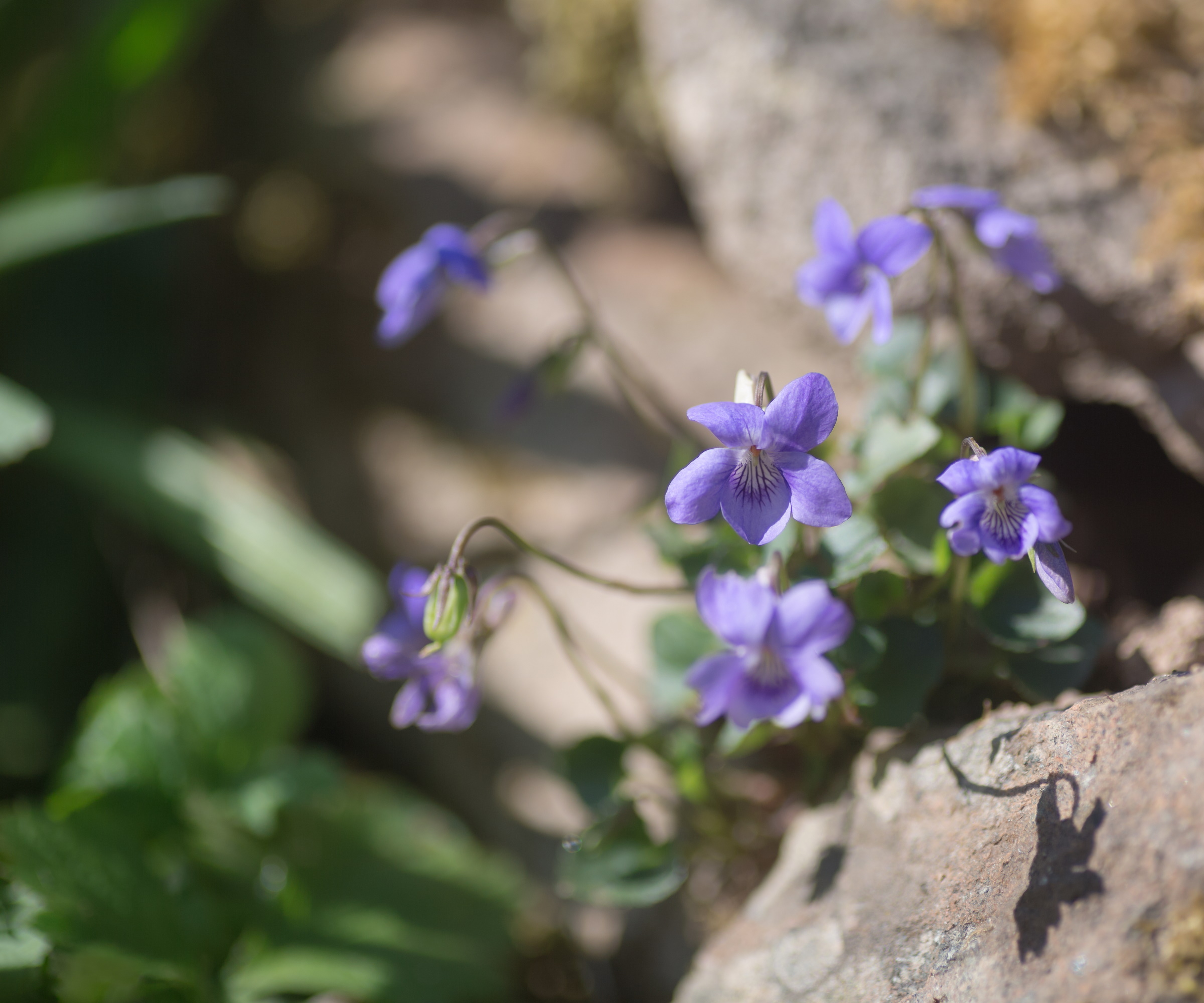
Using vinegar can seem an appealing way to get rid of weeds, but how effective it is depends on which weeds are growing. Vinegar might not be as effective against older, established weeds or perennial weeds, which can regrow from their roots even after the foliage is killed.
'It primarily affects the foliage and may not kill the roots of perennial weeds, necessitating repeated applications,' says Ben. 'In my professional experience, vinegar is most effective as part of an integrated weed management approach,' he adds.
Of course, it’s vital to kill weeds but not grass and to kill weeds not plants when tending a yard, including when using vinegar. ‘Vinegar is a non-selective herbicide, meaning it can kill any plant it comes into contact with,’ explains Susan Brandt, co-founder of Blooming Secrets. ‘This includes desirable plants in your garden or lawn. If you decide to use vinegar as a weedkiller make sure you avoid damaging surrounding vegetation.’ Alternatively, consider it to remove weeds from gravel.
Be aware of the impact on soil as well. ‘Vinegar is considered an eco-friendly option compared to chemical herbicides, but it still has some environmental implications,’ says Susan. ‘The acetic acid in vinegar can alter the pH balance of soil over time if applied repeatedly and in large quantities. This can affect the overall health and fertility of the soil.’
Importantly, vinegar needs careful handling. ‘While vinegar is commonly found in households and deemed safe for culinary use, undiluted or concentrated forms can cause skin and eye irritation if handled improperly,’ says Susan. ‘If you decide to use vinegar in the garden, make sure to wear proper protective gear.’ These gardening gloves from Amazon will help prevent skin irritation.

Susan Brandt is an experienced gardener and co-founder of specialized gardening service Blooming Secrets in Virginia.
How to use vinegar to kill weeds
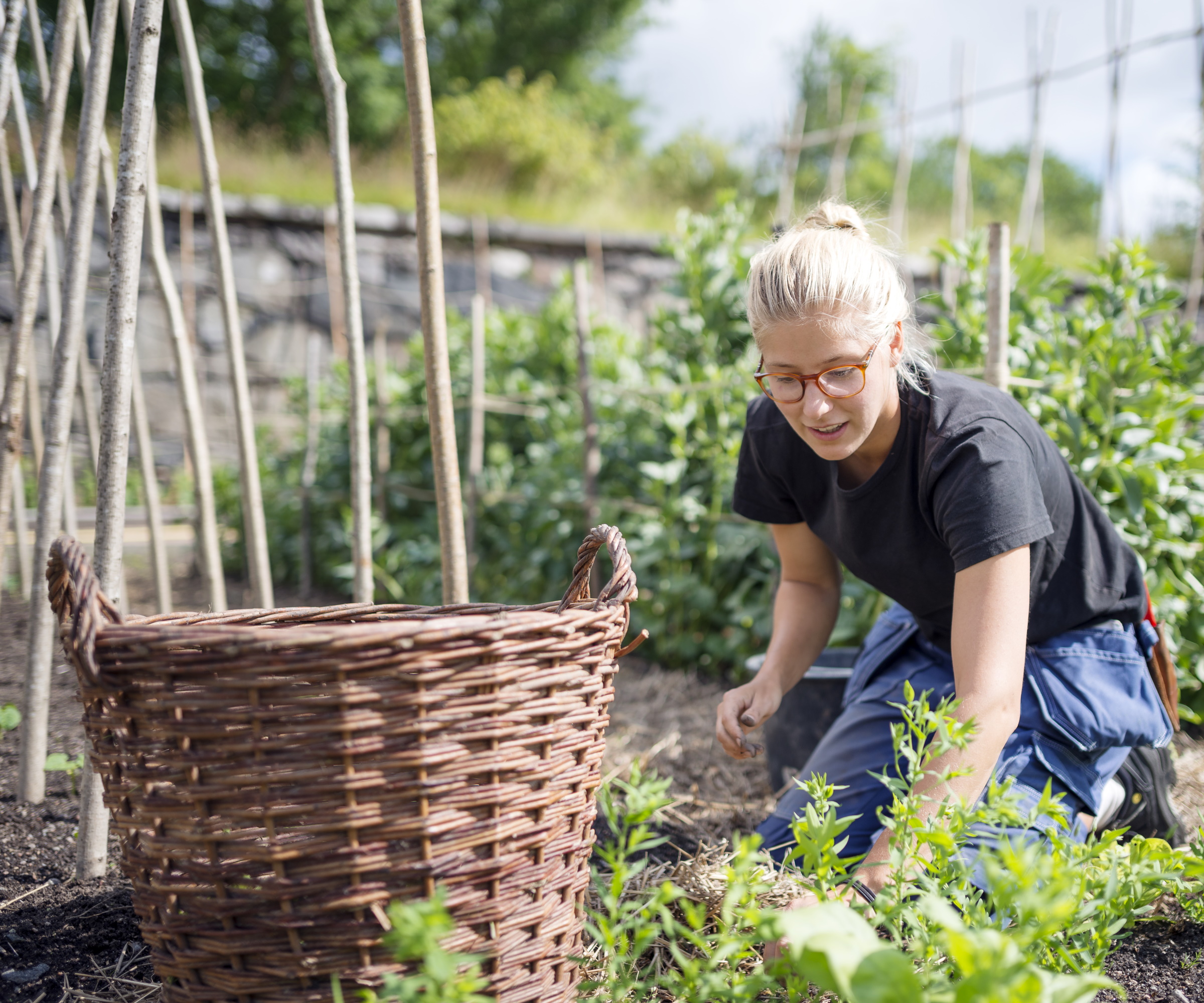
If you like the idea of using vinegar as a weedkiller, you can make up your own recipe using the following mixture:
- 1 gallon of vinegar
- 1 tbsp liquid dish soap (which acts as a surfactant to help the solution stick to the weed leaves)
- 1 cup of salt (to increase the efficacy)
Mix the ingredients in a large container, then pour the mixture into a spray bottle. Spray directly onto the weeds, ensuring you coat the leaves thoroughly.
Take care not to spray other plants, and don’t use this weedkiller in windy conditions.
Methods to try alongside vinegar for getting rid of weeds
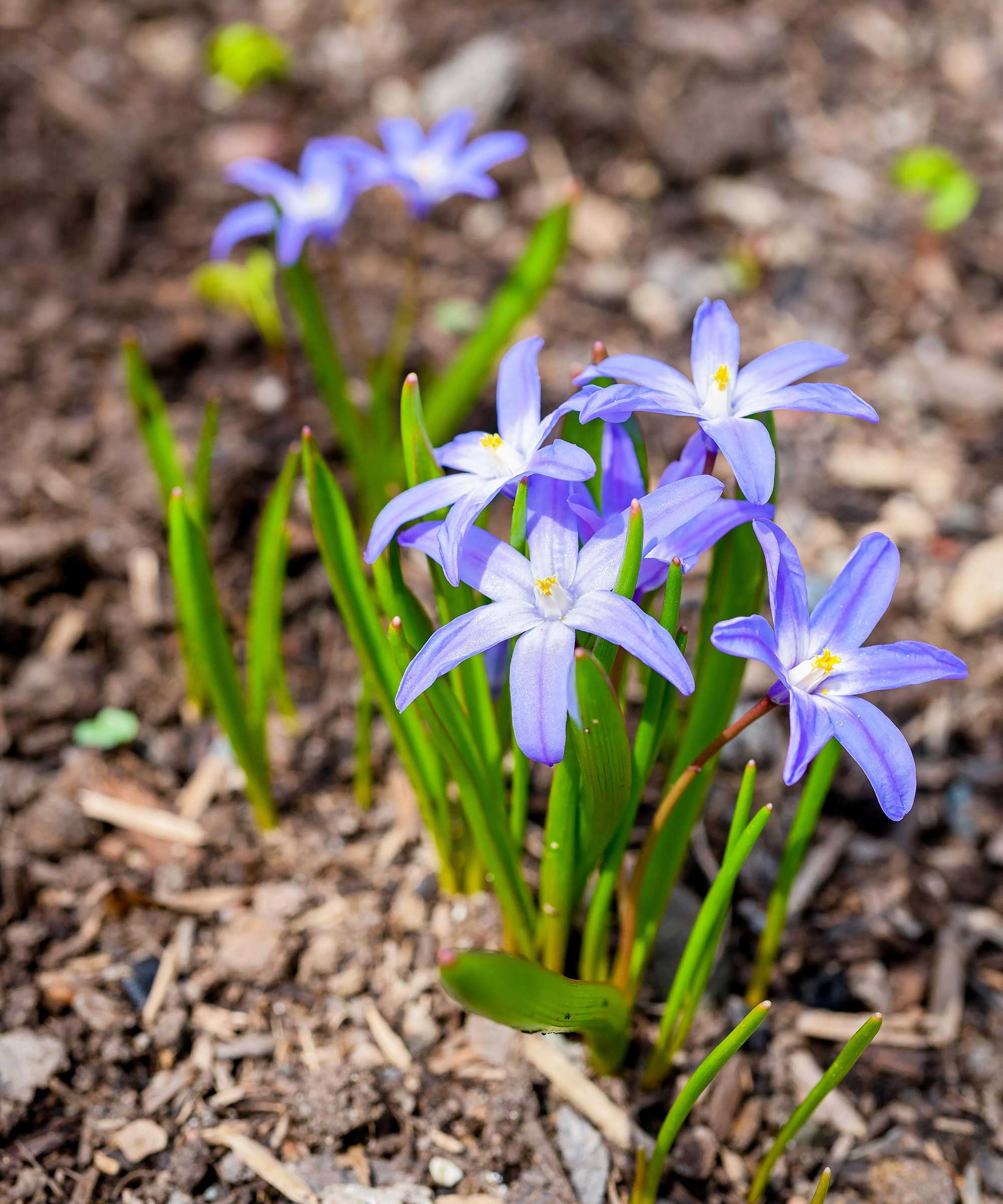
Vinegar can kill weeds, but you could combine it with other methods of weed control to ensure even better results. Managing weeds in the backyard effectively requires a combination of approaches.
Another option is to physically remove the weeds by hand pulling or using tools like a hoe or weed puller, such as this one from Amazon.
‘Preventive measures also play a crucial role in weed management,’ says Susan Brandt. ‘Maintaining healthy garden beds can prevent weed growth by minimizing available space and resources for them to thrive. Mulching around plants can further suppress weed growth by blocking sunlight and hindering germination.
‘In cases where weeds persist despite other efforts, alternative herbicides approved for specific use on particular types of weeds might need to be considered,’ Susan adds. ‘Make sure you carefully follow the instructions and precautions provided by manufacturers when using any chemical-based herbicides.’
Shop for a weed control essentials online
FAQs
Does vinegar kill weeds permanently?
Vinegar will destroy most broadleaf weeds, however it may kill the part above the ground before reaching the root system. This means your weeds could grow back, so remain vigilant and pull out any new growth quickly.
Is bleach or vinegar better for weeds?
Bleach is much more effective at killing mature weeds, something vinegar struggles to do. Bleach can also prevent new weeds cropping up because it remains in the soil. However, it's important to be aware that bleach will also kill remaining plants and impact soil health, making it hard to grow new plants in this space.
‘Ultimately, achieving effective weed control requires a combination of approaches tailored to the specific situation and type of weeds present,’ says Susan Brandt. ‘Experimenting with different methods and finding what works best for your particular needs will help ensure successful weed management in your garden or landscape.’
Some other methods to consider include growing the best plants to stop weeds and using boiling water to kill weeds.

Sarah is a freelance journalist and editor. Previously executive editor of Ideal Home, she’s specialized in interiors, property and gardens for over 20 years, and covers interior design, house design, gardens, and cleaning and organizing a home for Homes & Gardens. She’s written for websites, including Houzz, Channel 4’s flagship website, 4Homes, and Future’s T3; national newspapers, including The Guardian; and magazines including Future’s Country Homes & Interiors, Homebuilding & Renovating, Period Living, and Style at Home, as well as House Beautiful, Good Homes, Grand Designs, Homes & Antiques, LandLove and The English Home among others. It’s no big surprise that she likes to put what she writes about into practice, and is a serial house renovator.
- Rachel BullHead of Gardens
- Tenielle JordisonGardens Content Editor
